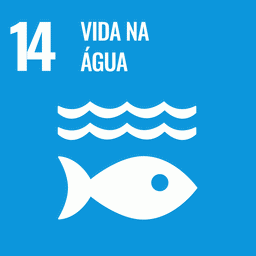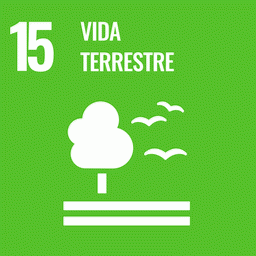The expansion of the Amazonian agricultural frontier represents the most extensive land cover change in the world, detrimentally affecting stream ecosystems which collectively harbor the greatest diversity of freshwater fish on the planet. Our goal was to test the hypotheses that deforestation affects the abundance, richness, and taxonomic structure of headwater stream fish assemblages in the Upper Xingu River Basin, in Southeastern Amazonia. Standardized sampling surveys in replicated first order streams demonstrated that deforestation strongly influences fish assemblage structure. Deforested stream reaches had twice the fish abundance than reference stream reaches in primary forests. These differences in assemblage structure were largely driven by increases in the abundance of a handful of species, as no influence of deforestation on species richness was observed. Stream canopy cover was the strongest predictor of assemblage structure, possibly by a combination of direct and indirect effects on the provision of forest detritus, food resources, channel morphology, and micro-climate regulation. Given the dynamic nature of change in land cover and use in the region, this article is an important contribution to the understanding of the effects of deforestation on Amazonian stream fish, and their conservation.
Baixar (sujeito à disponibilidade)
Download (subject to availability)


Este projeto está alinhado aos Objetivos de Desenvolvimento Sustentável (ODS).
Saiba mais em brasil.un.org/pt-br/sdgs.
Veja também
See also
Sugestões de aperfeiçoamento do Sicar para a implementação do Código Florestal
Esse relatório avalia se o sistema atende os quatro elementos destacados previamente para a boa gestão ambiental: transparência, coordenação com outros entes/bases, prevenção de fraudes e prestação de contas (accountability). Os dados foram coletados em duas reuniões com o SFB (março de 20153 e fevereiro de 2016) e na legislação aplicável ao tema. O relatório também apresenta, quando pertinente, prática de outros órgãos governamentais (na esfera federal ou estadual) em temas semelhantes. Os resultados são apresentados a seguir a partir de cada um dos temas elencados, com indicações de problemas e recomendações de melhoria.